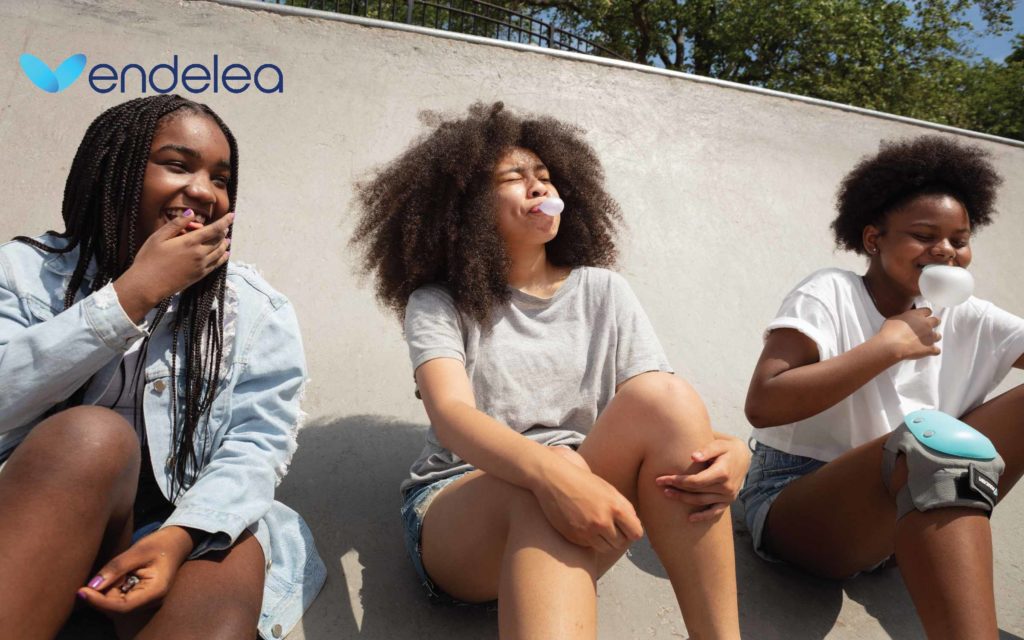When can this group start getting their shots?
The shots, according to health officials, should be widely available to 12- to 15-year-olds.
Is there a difference in the number of doses or the timing of this vaccine for this age group versus adults?
No, the dosing remains the same: two shots of the Pfizer vaccine for complete vaccination, each scheduled about 21 days apart. Previous research on other vaccines, as well as clinical trials on Pfizer’s COVID-19 vaccine, indicate that the dosing regimen should work well in this age group, providing robust immunity with few side effects.
What evidence do we have that it works in children?
There were no cases of COVID-19 in the 1,100 children who received the Pfizer vaccine and 16 cases in the 1,100 children who received the placebo vaccine in the vaccine clinical trial. The study also discovered that vaccinated adolescents had high levels of antibodies in their blood, indicating that they had developed strong protective immunity.
What about this group’s side effects?
Many [in the 12-15 age group] had similar adverse reactions to the young adults, particularly the second dose. Clinical research has specifically found that a lot of vaccine patients in the age group reported temporary pain at their sites (91%), tired (78%), or with a headache on the next day or so (76 %). Chills (49%) or muscular pain were also common (42 %). Moreover, fever, joint pain and nausea were the less common side effects reported.
The immune response of these vaccines can cause some local reactions, [including] low fever and flu-like symptoms. However, these products are short-lived and ultimately provide an immune response to disease protection.
Why should children be vaccinated at this age?
Children and young people may become ill from a coronavirus infection and may infect others. And while their cases tend to be less severe in general, there are serious complications in some children.
Do children and adolescents need to show their age or go to a parent to get a shot?
If you have an appointment with a doctor’s office or pharmacy used earlier by the child, you will probably have an existing age and insurance record. In community settings such as driving or hiking vaccination areas that have no relation to the minor, the question of proof of age becomes more urgent. For good reason, suppliers check for age and consent. They want to ensure that they give it to the people for whom it is authorized and studied. It’s a must for kids to get approval from their parents or get accompanied by them.
Will this age group be needed to be vaccinated in certain situations (for example, camps, sports, or school)?
Possibly, though vaccine experts believe it is extremely unlikely that the government will issue a national vaccination mandate.
When will children under the age of 12 be able to receive COVID-19 vaccination?
There has been no official word yet, but preliminary clinical studies in younger children are already underway, and there are some indications that the vaccine may be available to them.


Recent Comments